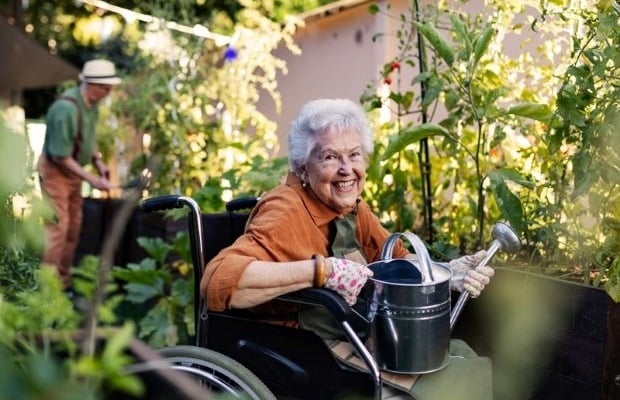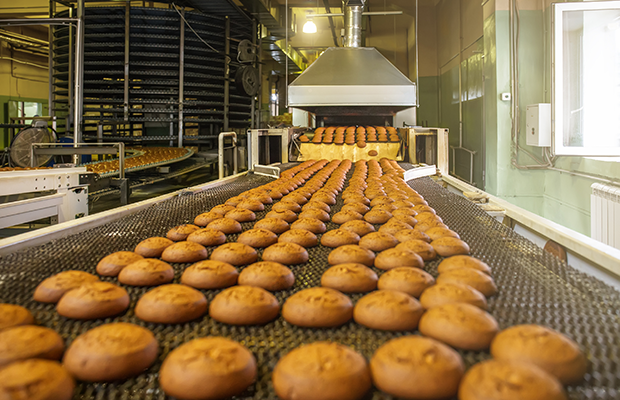You should see a healthcare professional if you have these symptoms often. They will check your blood pressure with a simple test. If the reading is below 90/60mmHg, your blood pressure is considered low.
Many things can lead to low blood pressure, also called hypotension. It can be a side effect of the medications you’re taking, or due to conditions like diabetes. But it also comes with getting older and is common in people over the age of 70.
Medicine is rarely given to treat low blood pressure. This is because treating its cause, like changing the dose or type of medication you’re taking, and lifestyle changes, are usually effective.
Here are our five top tips on how to manage low-blood pressure symptoms at home.
1. Get up slowly
To avoid feeling lightheaded when you’re getting up from bed or a chair – take your time. Try stretching out of bed to get the blood flowing around the body before you move to a sitting position, then stand slowly. When you’re getting up from sitting, cross and uncross your legs a few times before standing up.
Sleeping with your head elevated can also help. To do this you’ll need to lift your bed so the top end, where your pillow sits, is higher than the bottom. You can do this with extra pillows under your head or by placing wedges under the mattress or bed legs.
2. Move more
Staying still for too long, such as sitting in a chair to watch the TV or when working at a desk, can cause blood pressure to fall. If you can, go for regular walks throughout the day – even short 10-minute strolls will help. Or if you’re working from home, why not try a standing desk, or even an under-desk treadmill that allows you to move while you work.
If you are unable to move around, then wearing supportive elastic stockings (compression stockings) can also help. They raise your blood pressure by putting extra pressure on your legs which helps keep blood pumping around the body. But speak to your GP first, because they are not suitable for everyone.
Want to get fit and healthy?
Sign up to our fortnightly Heart Matters newsletter to receive healthy recipes, new activity ideas, and expert tips for managing your health. Joining is free and takes two minutes.
I’d like to sign-up
3. Eat smaller meals, more often
Ever wondered why you slump after enjoying a big festive spread? One of the reasons is because your blood pressure drops as more blood flows to the gut to help with digestion. So, try having smaller meals, more frequently.
Research also shows that eating rapidly digested carbohydrates such as white breads, pasta, rice, cakes and biscuits can also lead to a sudden drop in blood pressure. Eating more wholegrains which take longer to digest can help to keep your blood pressure up after eating.
4. Drink plenty of fluids
About 55 per cent of blood is made up of plasma, which is 90 per cent water. This means making sure you drink plenty of water is key to keeping your blood pressure healthy. The NHS recommends drinking six to eight glasses of fluid per day.
However, steer clear of caffeine and alcohol as they can make you dehydrated. If your doctor has put you on fluid restriction, speak to them before increasing your fluid intake.
5. Choose saltier foods
You may know that eating too much salt is not good for the heart. But, if your blood pressure is very low, your doctor may recommend increasing your salt intake.
When adding salt to your diet, choose healthy nutritious foods instead of salty processed foods. Olives, anchovies, smoked or tinned fish, and cottage cheese are good options. However, it’s important to speak to your doctor before increasing the amount of salt you eat.
Tried this at home?
Have you followed any of the tips in this article? Or do you have a healthy tip to share? Email your thoughts and any photos for a chance to be featured in the next magazine.
What to read next...









